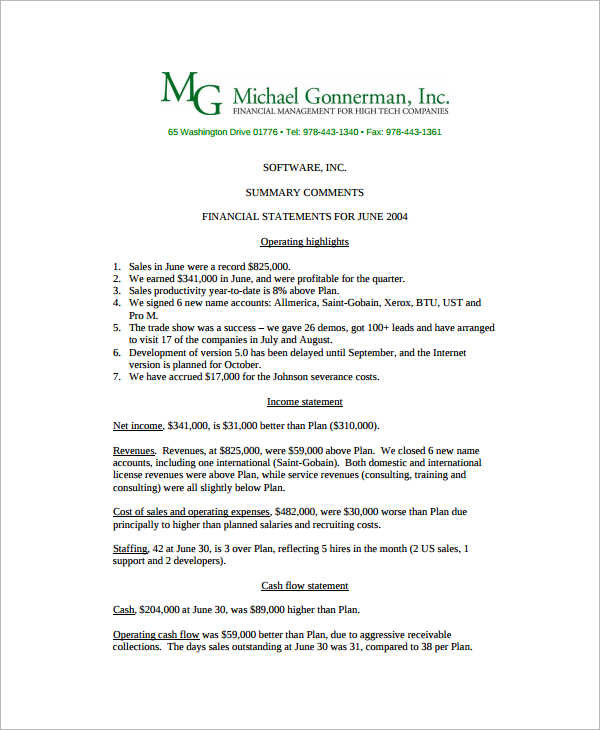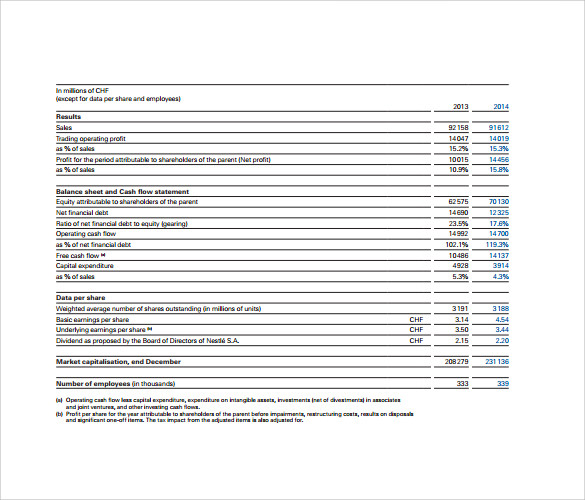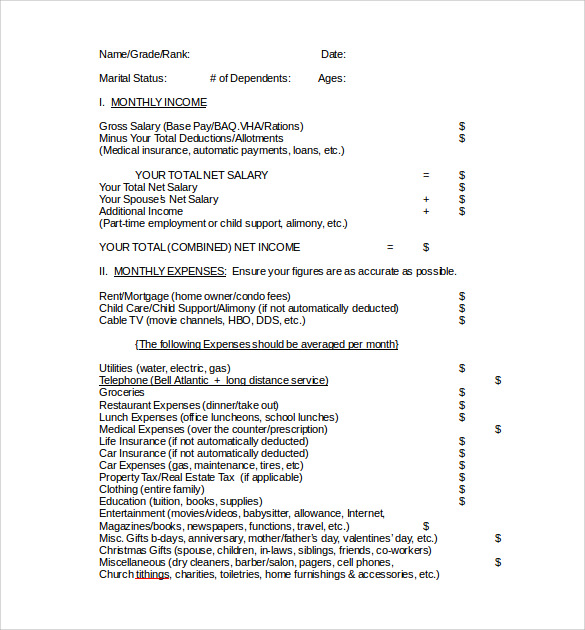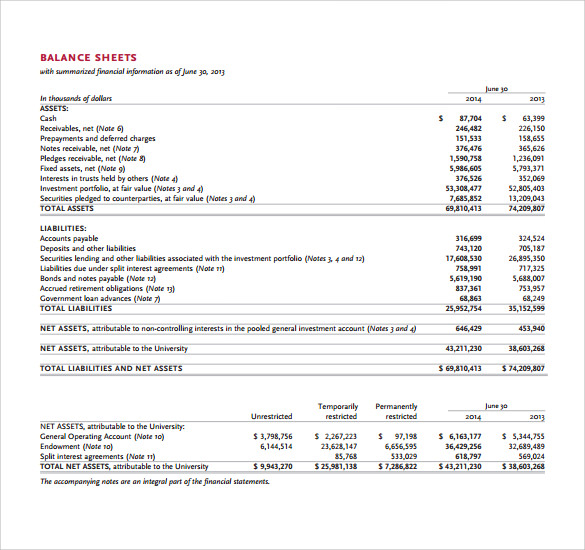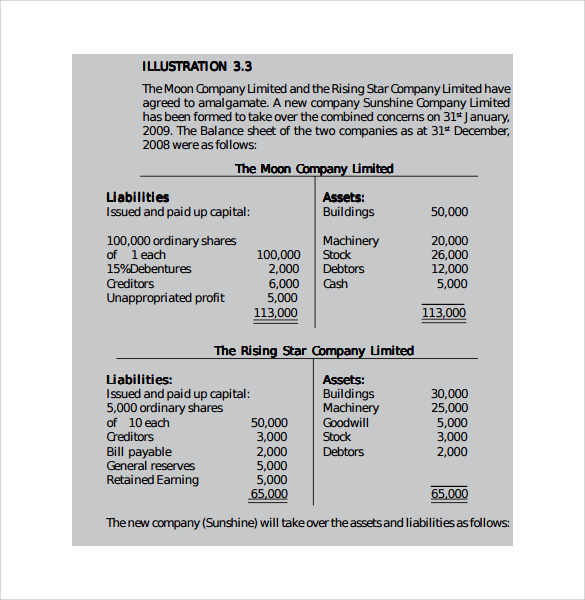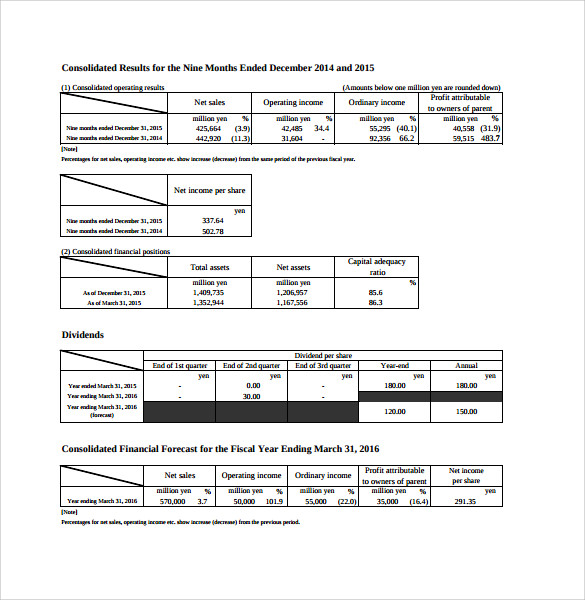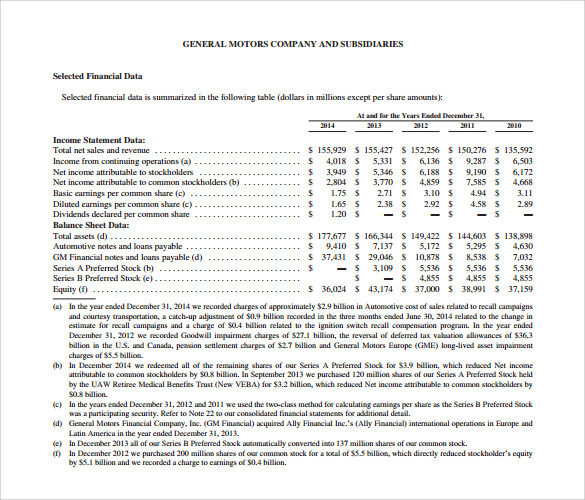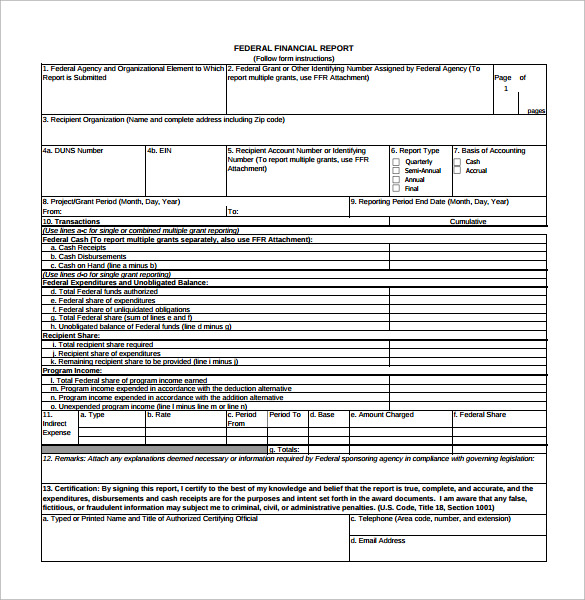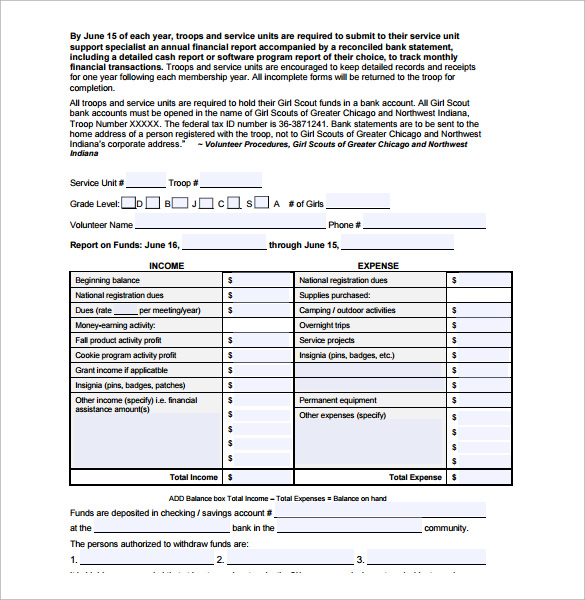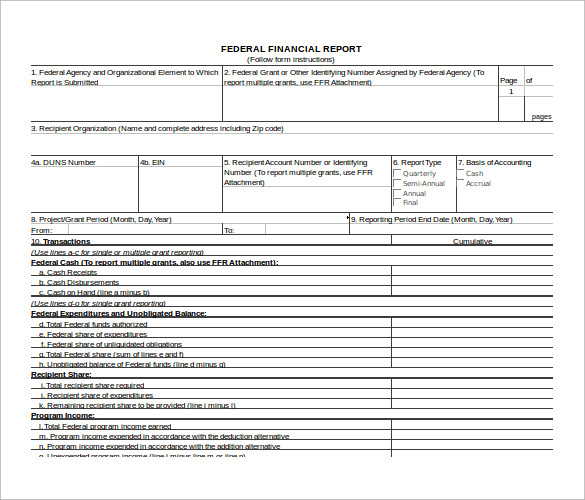Designed for better understanding of the economic and financial growth that occurs in a certain company, these financial report templates are pretty useful for a successful progress. These templates are essential in checking the growth of company’s venture in a specific period of time.
With details constituting sales, marketing and even the profit earned by the company makes them practically useful. Here are list of few templates that are essential for creating a suitable report outline. You may also like Budget Report Templates.
Financial Report Template
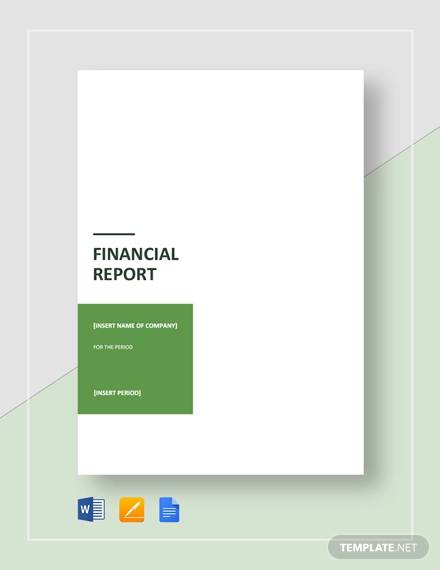
Sample Financial Report Template
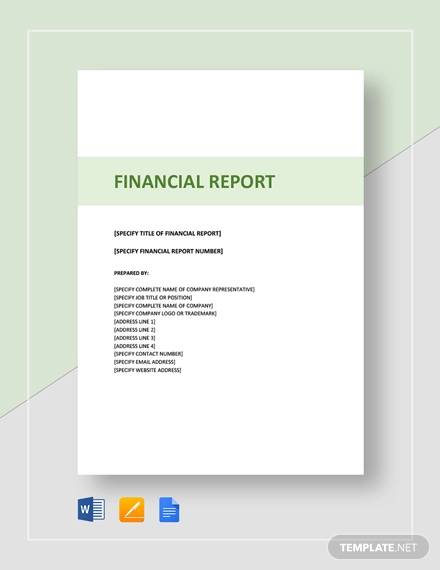
Financial Report To Board of Directors Template
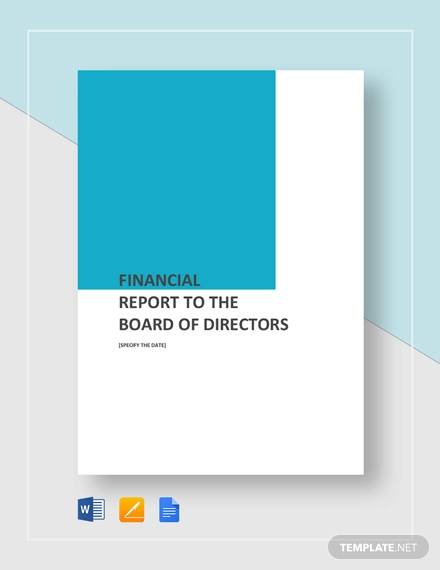
Financial Report Sample for Small Business Template
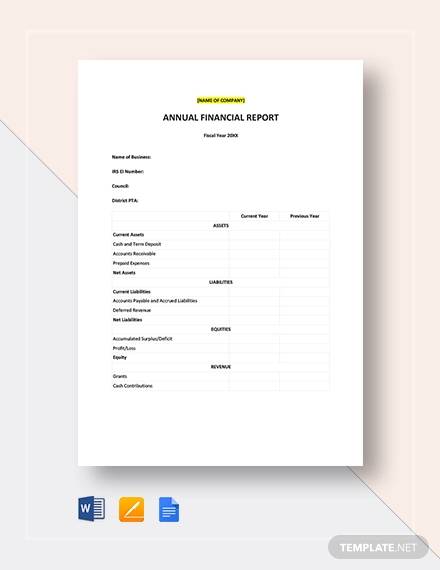
Annual Financial Report Template
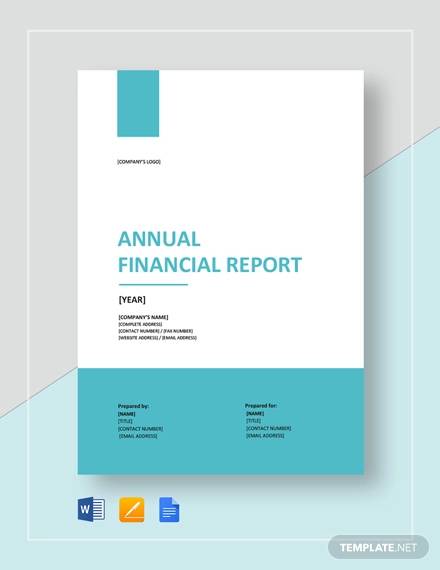
Financial Audit Report Template
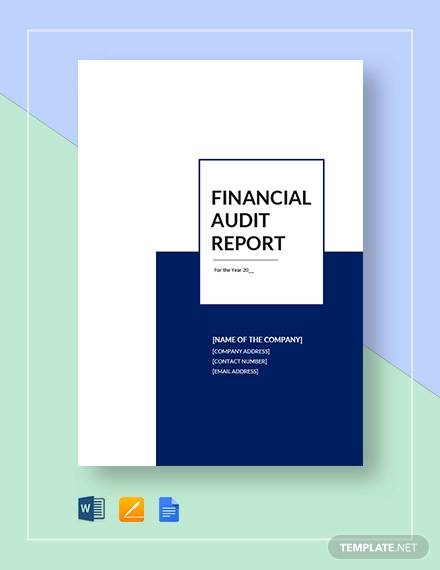
Financial Report Sample for Small Business Template

Free Finance Internal Audit Report Template
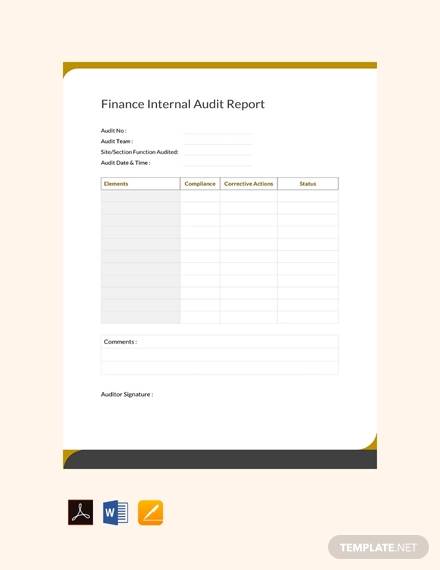
Free Financial Report Template
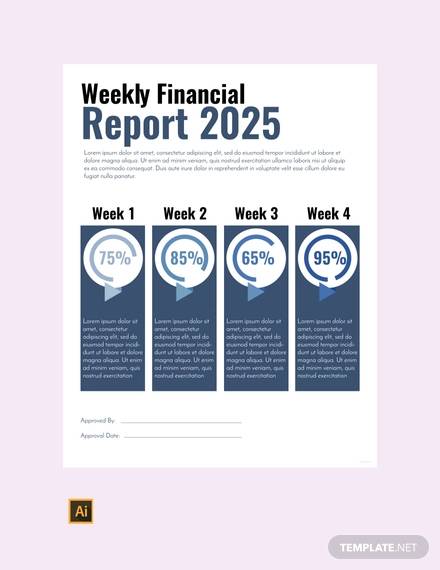
Monthly Financial Report Template
Designed and crafted by business experts these financial report templates are been created for designing an appropriate report outline on a monthly basis. With a fascinating display of creativity and technical details of all the amenities these templates are very well created for making a suitable financial report on a monthly basis. This template gives an account of all the money related queries occurring within a month making it easier for the company officials to monitor the monetary usage.
Annual Financial Report
Personal Financial Statement Report
Sample Financial Report Template
Example of Financial Report
Consolidated Financial Report
Annual Financial Report Example
Federal Financial Report
Annual Financial Report Sample
Financial Report Excel Template
Sample Format of a Financial Report
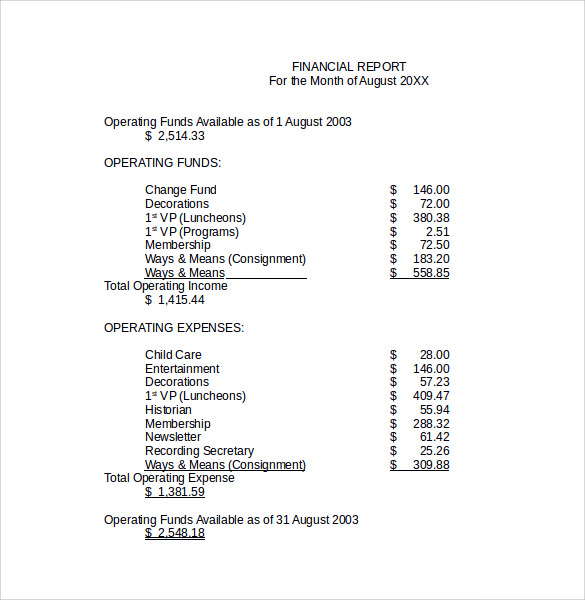
What is Financial Report Template?
These designer templates are been designed and created by experts for making an appropriate report outline to maintain a checklist on the expenditure of an organization. Consisting of details regarding the liabilities and amenities a particular company possess these reports are pretty useful in designing a suitable financial report of the company. Mostly used to study the overall progress done within a specific span of time, these report outlines are creditable in achieving the desired goal. You may also like Annual Financial Report Templates.
How to Make/Create Financial Report Template?
Creating a financial report outline requires a lot of intensive work done on the business administration a certain organization or a company. Here are few tips that might be useful in making a suitable report for business purpose.
- Provide a suitable outline of the report
- State all the necessary amenities and liabilities of a company
- Show the growth progress of a company by the means of pie charts Provide all the necessary details of the future business prospective of the company
- Describe the projects and other important ventures run by the company
Benefit of Using Financial Report Template
These templates are been designed and crafted for using them appropriate for designing a suitable report outline to study the business progress of a company. Loaded with fascinating display of expert craftsmanship these reports contain all the technical details thus helping the business managers to have a checklist of the balance sheet of company. You may also see Company Report Templates.
Designed and crafted for making suitable business reports these templates are useful and handy in day-to -day usage. Containing all the information regarding the balance sheet of a company makes it easier to keep an eye on the future prospective of the business.
If you have any DMCA issues on this post, please contact us!
Related Posts
Retirement Speech Samples & Templates
Weekly Schedule Samples & Templates
Contractual Agreement Samples & Templates
FREE 9+ Amazing Sample Church Bulletin Templates in PSD | PDF
Sample Business Card Templates
Sample Cashier Job Descriptions
Questionnaire Samples
FREE 10+ Sample HR Resource Templates in PDF
FREE 49+ Sample Job Descriptions in PDF | MS Word
FREE 23+ Sample Event Calendar Templates in PDF | MS Word | Google Docs | Apple Pages
Company Profile Samples
FREE 10+ Leadership Report Samples [ Development, Training, Camp ]
FREE 24+ Sample Payment Schedules in PDF | MS Word
FREE 10+ Return to Work Action Plan Samples in PDF | DOC
Autobiography Samples & Templates

